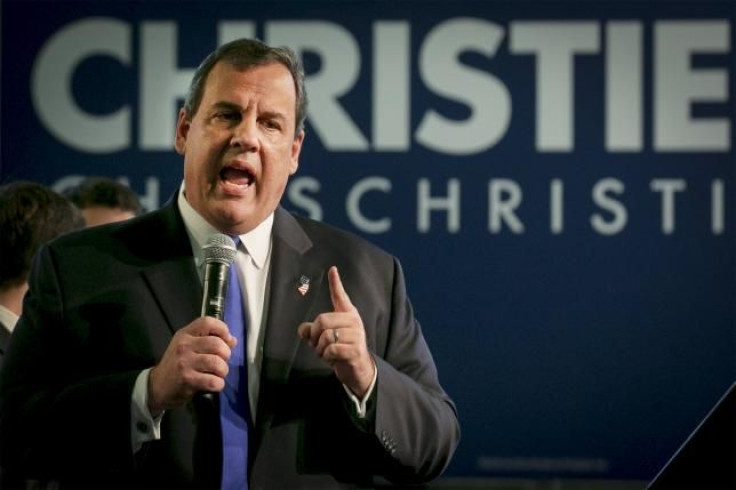Chris Christie: New Jersey AFL-CIO Tells NJ Governor To End High-Fee 'Alternative' Investments

Financial gurus Warren Buffett and George Soros have warned pension funds against moving retirees' savings into hedge funds, private equity and other high-risk, high-fee "alternative investments." Now another powerful voice is speaking out -- and this time it's someone who has skin in the game.
On Sunday, New Jersey AFL-CIO President Charles Wowkanech -- whose federation represents 1 million workers -- called on New Jersey Gov. Chris Christie's administration to stop investing state pension money in alternatives. Such investments include real estate, commodities, hedge funds, managed futures, private equity ventures and derivatives contracts.
The push to divest comes amid an investigation of hundreds of millions of dollars in pension fees -- some undisclosed -- that the Christie administration has paid to financial firms. New Jersey has become one of the country's biggest investors in alternative investment firms. Some of those firms' executives have made campaign donations to GOP groups affiliated with Christie.
In a Times of Trenton op-ed, Wowkanech said New Jersey's $600 million in disclosed fees last year is "nearly eating up the state's entire contribution" to the pension fund, and that the investments had delivered weak returns.
"This is Robin Hood in reverse – taking retirement money from police officers, firefighters, teachers and public employees to reward Wall Street financiers," he wrote. "It's time to responsibly divest from these alternate investments."
The Christie administration's Treasury Department did not respond to International Business Times' questions. Previously, the Christie-appointed chairman of New Jersey's State Investment Council, Thomas Byrne, has said shifting billions into alternative investments has "made the pension fund billions healthier."
Over the last year, an IBTimes investigative series has shown that as the Christie administration moved more money into alternatives, New Jersey's pension fund returns have trailed the median returns for similarly sized public retirement systems. Had New Jersey's portfolio matched the median or the overall returns of the stock market, it would have billions more in its pension system. The series also showed that politically connected firms received lucrative pension management deals, at times in close chronological proximity to firm executives making campaign contributions to Republican groups linked to Christie.
Last year, amid the disclosures, Christie's pension investment chief, Robert Grady, resigned. In May, Christie vetoed legislation that would have forced his administration to fully disclose fees paid by the pension to Wall Street managers. In June, after state lawmakers questioned the Christie administration about undisclosed fees paid by the pension system to financial firms, Christie's treasurer, Andrew Sidamon-Eristoff, announced his resignation.
In Pennsylvania, Democratic Gov. Tom Wolf is pressing his state's massive pension funds to reduce its exposure to alternative investments -- a plan already put into place by Josh Shapiro, the commissioner of one of the state's largest counties.
© Copyright IBTimes 2024. All rights reserved.












